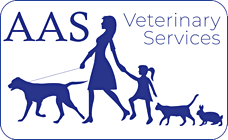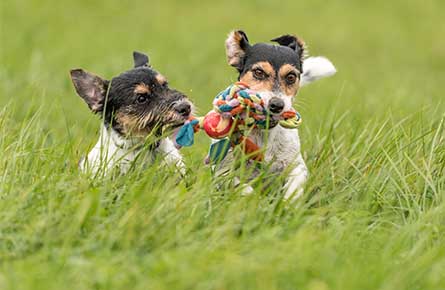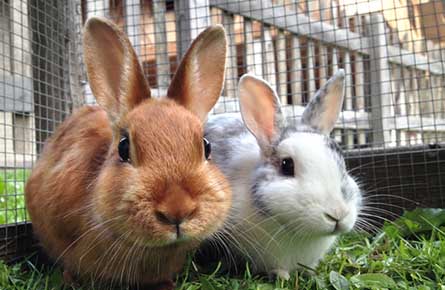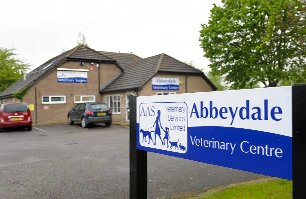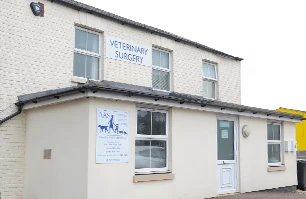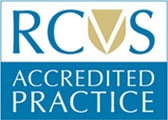Here at AAS Vets, we understand that your cat’s dental care is just as important as any other routine and preventative treatment. This is why we recommend preventative oral health care for all pets, including cats.
Like humans, cats can develop a build-up of tartar, which can lead to tooth decay and gum disease. Brushing your cat’s teeth once or twice a day is the best option for good oral hygiene. This is often harder to start with older cats; however, when started as a kitten, cats become accustomed to regular teeth brushing as part of their cat dental care routine.
Our team would be happy to assist you with answering any questions you may have, as well as advising you on the recommended products or diets for your cat.
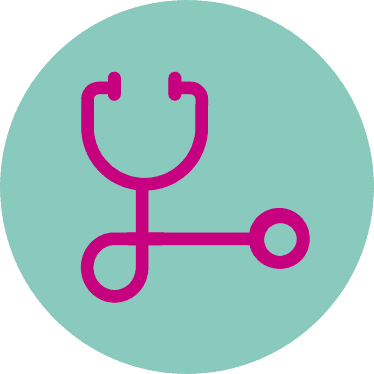
Symptoms of dental disease in cats
Cats can be very good at hiding signs of pain and often, owners aren’t aware that their cat has oral disease; this is why our vets and nurses perform an oral check at each general consultation.
Some cats with severe dental disease, root exposure, severe gingivitis (inflammation of the gums), or tooth root infections, will continue to eat, showing only subtle signs that there is a problem. Catching dental disease in cats early can reduce the number of extractions required.
Plaque can be removed by tooth brushing; however, tarter will not be removed by brushing alone; if this is already present, we recommend a scale and polish to remove it, followed by tooth brushing to prevent the build up from occurring again.
A general anaesthesia is required for all cat dental procedures; however, a scale and polish procedure are much shorter with a faster recovery, compared to your cat having multiple extractions.
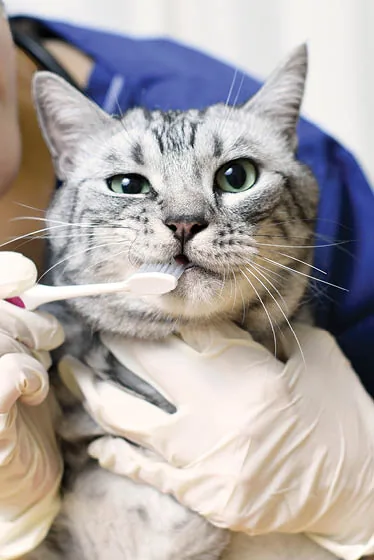
Signs of poor dental health in cats
Cats are able to hide signs of discomfort well; as a pet owner, it is key to notice subtle changes in your cats’ behaviours that may indicate poor cat dental care, including:
- Bad breath (halitosis)
- Visible tartar build-up on teeth (brown colouration on surface of teeth)
- Red or inflamed gums (gingivitis)
- Discoloured teeth
- Loose teeth
If you have concerns about your cat’s oral hygiene and health, speak to our team at AAS Vets in Gloucestershire today and book your cat dental care consultation for a time that suits you.
Signs of severe oral disease in cats
Severe dental disease in cats can be harder to spot due to their nature of hiding their discomfort; however, there are some signs that pet owners should be aware of that can indicate severe dental disease, including:
- Drooling
- Bleeding from the mouth
- Slowness or reluctance to eat
- Chewing on one side of the mouth
- Dropping food from the mouth when eating
- Swelling around the mouth
If you detect any of the above signs, please contact AAS Vets in Gloucestershire to book an appointment for a vet to examine your cat as soon as possible.
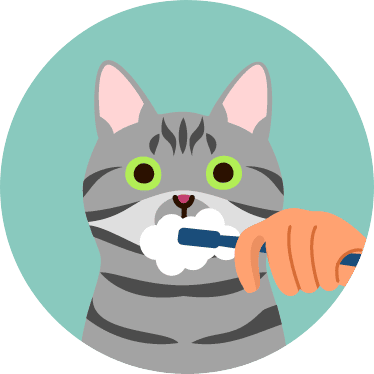
How can dental disease in cats be prevented?
The best way to maintain healthy teeth is to brush your cat’s teeth daily. The AAS Vets team would be happy to help with advice on introducing toothbrushing to your cat.
It can also be beneficial to have a scale and polish performed regularly to clean the teeth thoroughly. This is similar to the treatment we would receive from a dental hygienist. These are done under a short general anaesthetic as cats won’t sit in one position for a prolonged period and we must ensure their safety and the team’s safety when in the vicinity of sharp teeth!
Feline odontoclastic resorptive lesions (FORLs)
Cats also get another form of dental disease known as feline odontoclastic resorptive lesions (FORLs). It has an unknown cause, but 75% of cats are thought to be affected. It is particularly common in cats over five years but can occur at any age.
In these lesions, part of the tooth is eaten away by the tooth itself, forming a small hole in the enamel close to the gum line. These lesions are very painful for cats and can lead to tooth fractures as they weaken the teeth. They require extraction to resolve.
We are happy to answer any questions you may have, as well as advising you on the recommended products or dental diets for your pet. Contact your nearest AAS Vets in Gloucestershire for a consultation.
